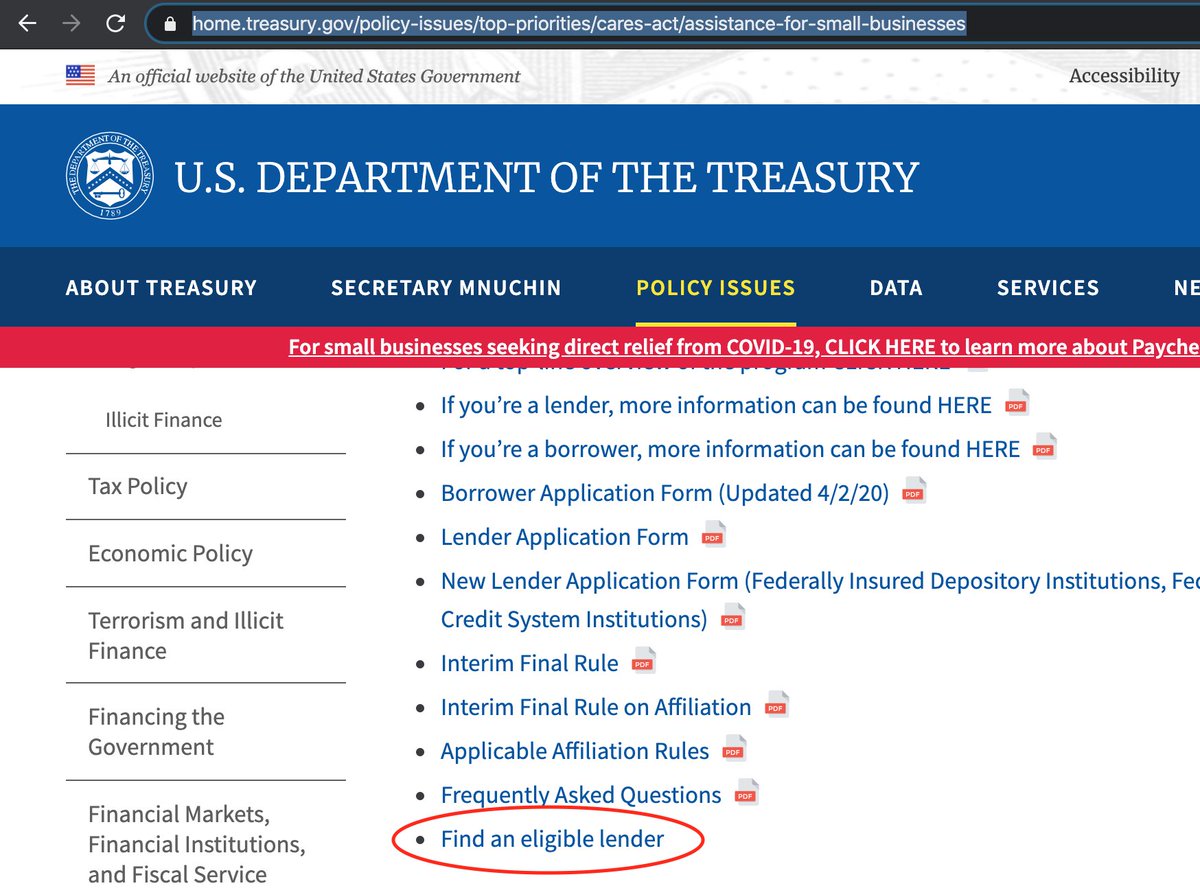
1/ Covid rules, beliefs, and passions are a 21st century religion, with orthodoxy, heretics, and apologists.
Religion once incorporated “all answers to the unknown.” Why does the sun rise? Where did we come from? What is right and wrong? What happens when we die?
Religion once incorporated “all answers to the unknown.” Why does the sun rise? Where did we come from? What is right and wrong? What happens when we die?
2/ Then came science, which is about falsifiable, testable, reproducible hypotheses. “I like the color blue” isn’t falsifiable/testable, nor are questions of morality. “The earth rotates due to preservation of angular momentum” is. So is “the earth is flat” (it was falsified).
3/ “You can’t sit on a park bench” or “You can’t eat inside unless it’s at an airport” isn’t science without *setting and testing a hypothesis.* It’s an insult to science. Some follow these rules blindly. Some fight them blindly. Some make them blindly. It’s religion.
4/ America is a land of many religions and levels of observance. It’s remarkable how these psychographic traits manifest in terms of calls for enforcement (“he’s not wearing a mask over his nose! Call the cops!”), calls for denial (“Bill Gates vaccine mind control”) etc
5/ What I find fascinating is how many secular people have embraced orthodox Covid religion, whereas how many very religious people have wholly rejected it. What is the reason?
6/ Conformists and skeptics are but two types — there are also those who craft the laws, those who hypocritically violate while endorsing them, those who pretend to believe out of fear, etc. All this has tons of past precedent through our millennia of experience with religion...
7/ My biggest concern is that when “science” is thrown around without being science, it casts doubt on other things that emerge as part of the actual scientific method. Throw in probability and it gets even worse/easier for people to throw out anything coming from “science”
8/ There ARE a lot of fake claims out there. Vaccines and autism. 5G and cancer. Those on the side of actual science should be offended — and fight hard! — against the bastardization of the term science and “Covid Religion”...because we are heading towards “boy who cried wolf”
• • •
Missing some Tweet in this thread? You can try to
force a refresh





